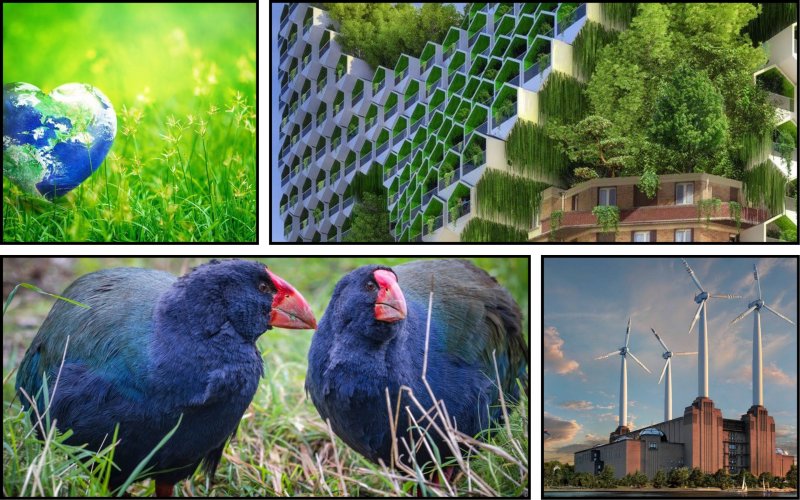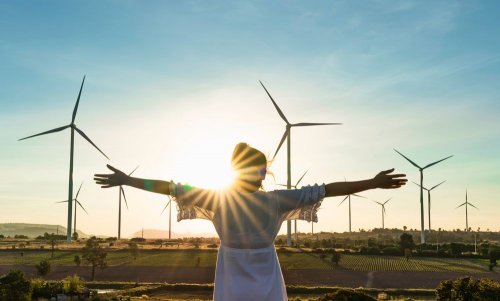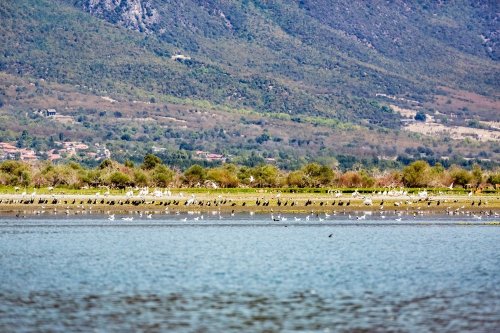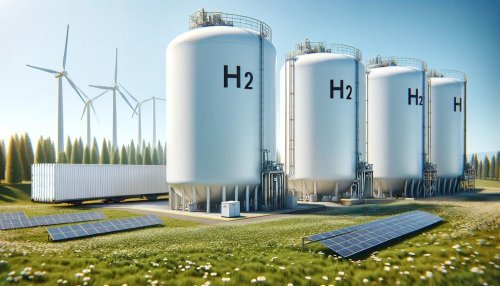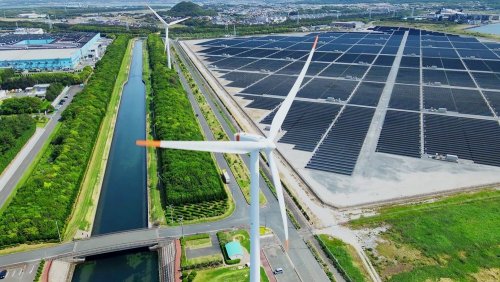Denmark topped the rating of the most ecologically clean countries in the world for 2023, which pay the most attention to environmental protection.
The rating was compiled by CEOWORLD magazine on the basis of the Environmental Performance Index (EPI), the Energy Transition Index (ETI) and the Climate Change Combating Performance Index (CCPI).
TOP-15 most eco-conscious countries in the world:
- Denmark
It is noted that the country's leadership was ensured by its wind farms. Already in 2019, wind energy provided 50% of the country's needs, currently this indicator reaches 60%. In addition, the country is actively implementing ecological methods of farming. Denmark plans to reduce its emissions by 70% by 2030.
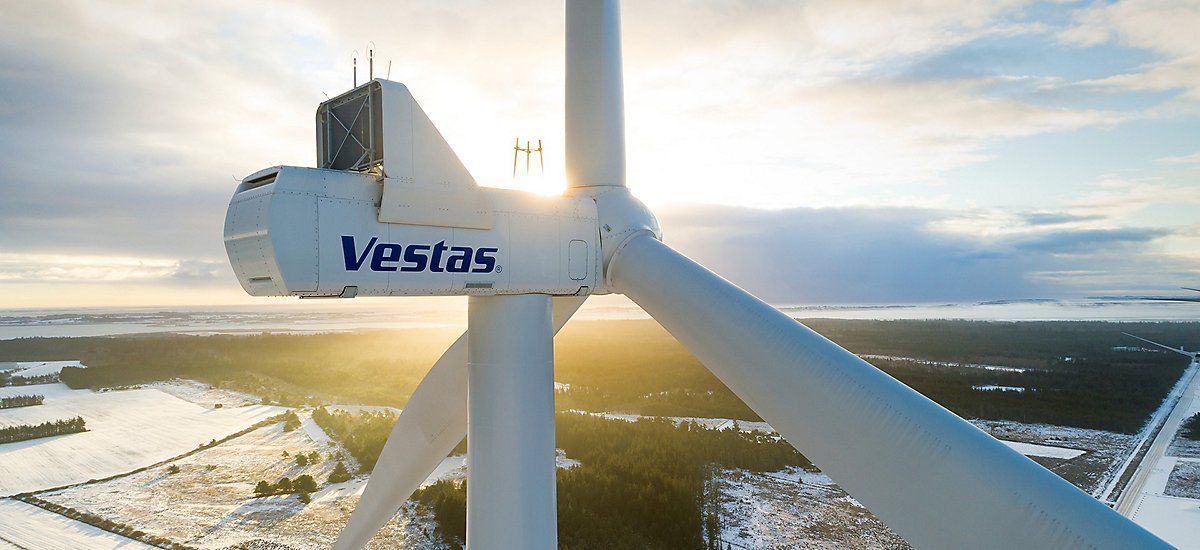
- Sweden
The article emphasized that Sweden plans to switch completely to green energy by 2040. The country has certain advantages, because its energy infrastructure is already significantly decarbonized. Wind and hydropower currently provide 60% of Sweden's energy needs. Environmental modes of transport are also being actively developed in the country.
- Finland
The authors said that the country plans to achieve climate neutrality by 2035 and directs significant investments in wind and solar generation. Finland is also implementing sustainable management practices for its forests, which cover more than 73% of its territory, as well as its water resources.
- Norway
It is noted that about 98% of the country's electricity already comes from RES, in particular from hydropower. By 2025, Norway plans to convert all new passenger cars and vans to electric.
- Austria
The article said that Austria receives 77% of its energy from renewable sources, mainly hydropower. The ÖkoKauf Wien initiative was launched in the country, which encourages the use of environmentally friendly goods and services in public institutions and purchases.
"The strict practice of water management in Austria guarantees that more than 95% of the country's population has access to high-quality spring water," the experts emphasized.
- Switzerland
CEOWORLD magazine reported that Switzerland has committed to reducing greenhouse gas emissions by 50% by 2030. This happened in particular due to the noticeable retreat of glaciers.
Currently, more than 60% of electricity in the country is produced from renewable and sustainable sources. In addition, since 2012, Switzerland has launched a powerful biodiversity conservation program.
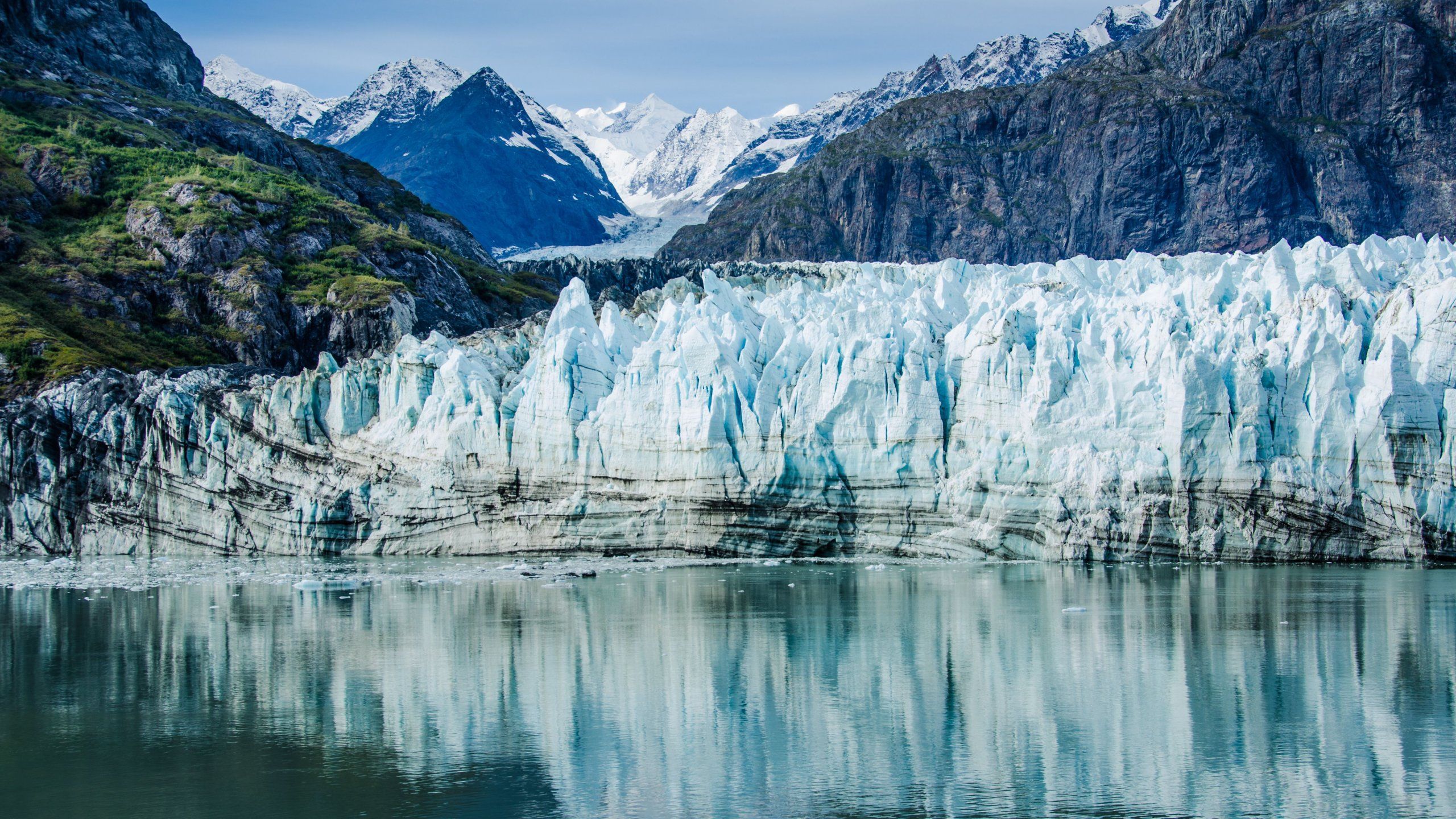
- Netherlands
It is noted that the Netherlands is struggling with two problems: sea level rise and land reclamation. For this, the country has implemented strategies for ecological public procurement and waste reduction. The Netherlands aims to transition to a circular economy by 2050.
By 2020, the country received more than 17% of its energy from RES and directed significant investments in wind and solar energy. The Netherlands also launched a powerful program for the preservation of river ecosystems, flood risk management and biodiversity conservation.
- Estonia
Experts said Estonia aims to reduce greenhouse gas emissions by 70% by 2030 and 80% by 2050. Currently, renewable energy sources make up 27% of total electricity production in Estonia, and wind energy – 15%. Forests are also actively protected in the country.
Forests occupy about 57% of the country's territory, which helps to effectively absorb carbon.
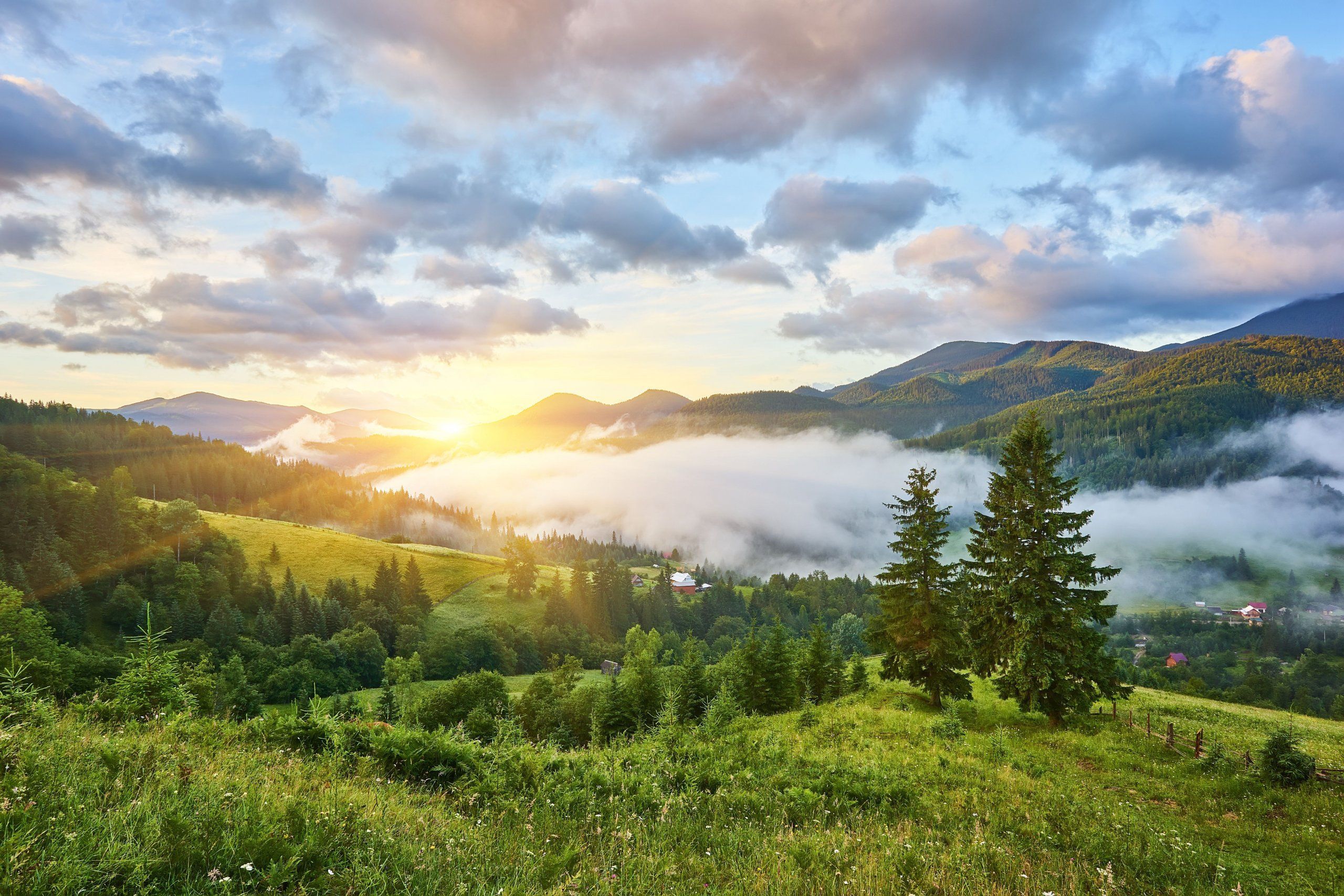
- Luxembourg
They added that in 2020, Luxembourg introduced its first climate law to reduce carbon emissions by 55% by 2030. The country also aims to obtain 25% of its energy from RES by 2030.
Luxembourg has made significant investments in solar energy and sustainable public transport systems, including an extensive tram network. And also introduced a powerful strategy to preserve biodiversity, in particular habitats.
- United Kingdom
The country is a leader in environmental policy, especially after committing to zero emissions by 2050. More than 48% of electricity in the UK is generated from renewable sources, including wind, biomass and solar. The country also has a program to preserve the marine and terrestrial environment and biodiversity.
In addition, the country plans to eliminate avoidable plastic by 2042.
- France
It is noted that France's environmental strategy is marked by political innovation and technological progress. The country is actively phasing out coal-fired power plants, increasing reliance on nuclear, wind and solar energy. France's 2019 energy law calls for a 37% reduction in CO2 emissions by 2030.
Currently, 25.3% of energy in the country is generated by green sources. Also, France is implementing programs to improve water quality.
- Latvia
The article emphasized that in 2020 RES produced more than 40% of energy in the country. Latvia mainly relies on biomass and hydropower. The country also implements programs on forest conservation, sustainable agricultural practices, biodiversity and water resources conservation.
"Since joining the European Union in 2004, Latvia has made significant progress in the field of energy efficiency of residential buildings, reduction of carbon dioxide emissions and wastewater treatment, in accordance with its commitments to environmental progress," the experts said.
- Germany
They added that Germany's energy transition policy positions it as a pioneer in the global renewable energy movement. By 2023, Germany received more than 51.7% of its electricity from renewable sources. The country is actively promoting reforestation and habitat conservation projects to increase its environmental sustainability.
In addition, the country pays great attention to cleaner technologies and efficient waste management systems.
- New Zealand
"New Zealand's environmental consciousness is deeply rooted in its Maori heritage, which emphasizes the sacred connection between the land and its people," the article emphasized.
By 2019, 84% of electricity in New Zealand was generated by renewables, including hydropower. The country is also implementing a program to protect local animals from invasive species. The country aims to reduce carbon emissions by 50% by 2030.
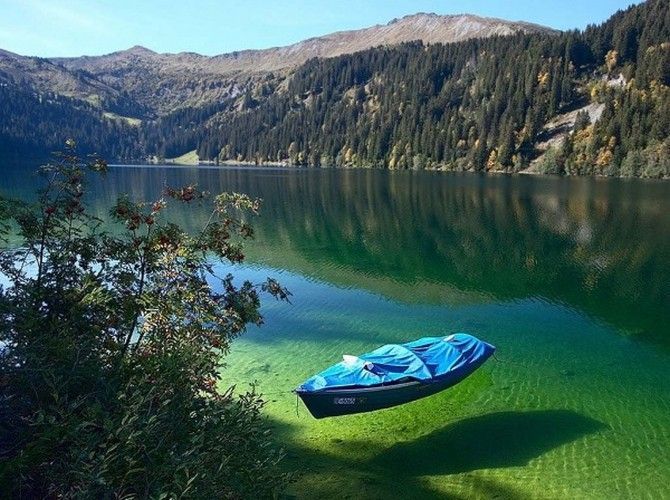
- Croatia
In 2020, approximately 28% of total energy consumption in Croatia came from renewable sources, including hydro and solar, it said. The country plans to close landfills by 2024 and prevent water pollution with modern treatment facilities.
Croatia has pledged to invest an average of $5.3 billion in green power by 2030, underscoring its commitment to clean energy.
Earlier, EcoPolitic wrote, that in the countries of Europe, the negative impact of policies on combating climate change and environmental protection is beginning to destroy the EU's environmental program. Great Britain, Germany, Italy, the Netherlands and Poland became the countries with the largest "green wars".
As EcoPolitic previously reported, representatives of the Danish operator of the gas transportation system "Energinet" stated that the country plans to 100% replace natural gas with biomethane by 2030.

